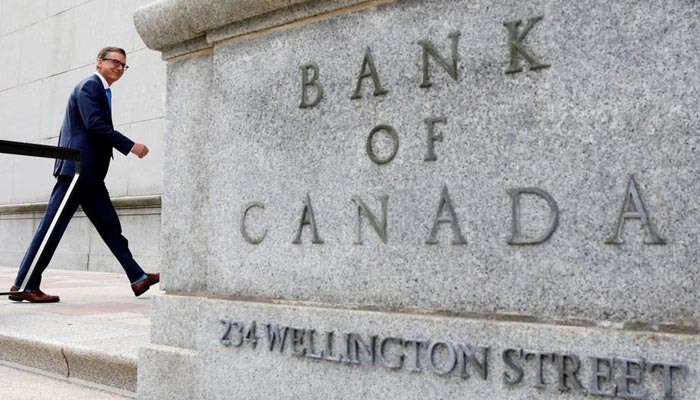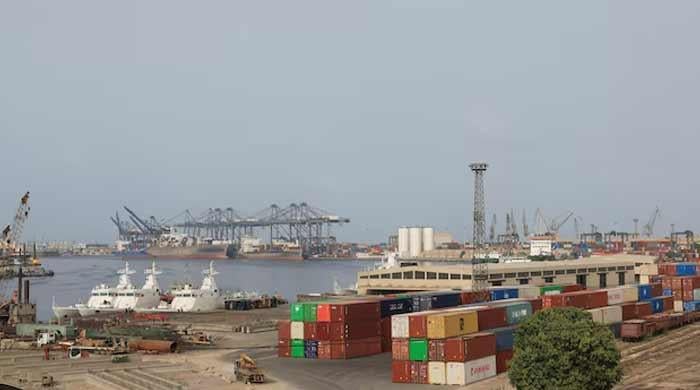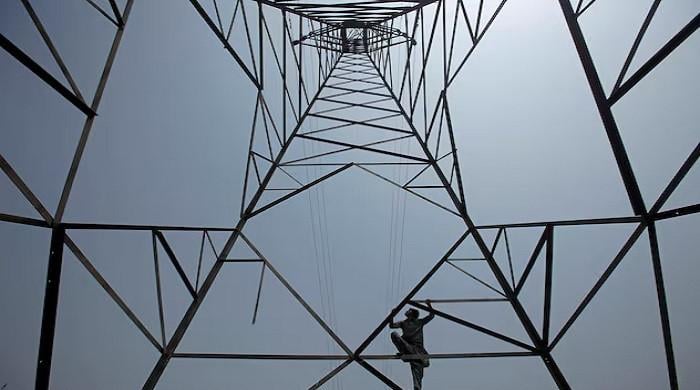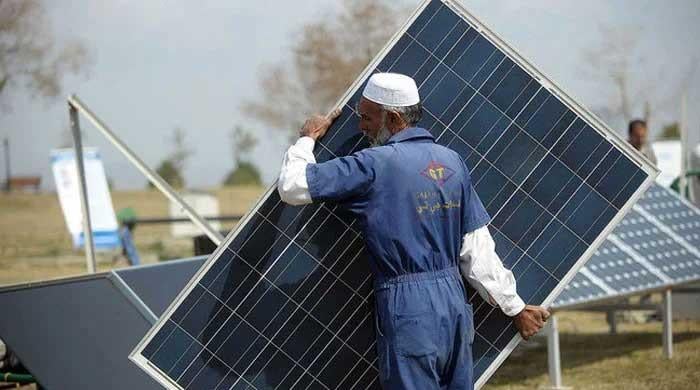Bank of Canada leaves rates unchanged, sees inflation falling as forecast
Bank of Canada becomes first major central bank to suspend its monetary tightening campaign
March 08, 2023

- Over past year, Canadian central bank raised rates 8 times in a row.
- It becomes first bank to suspend its monetary tightening campaign.
- Bank expects CPI inflation will come down to around 3%.
OTTAWA: The Bank of Canada on Wednesday left its key overnight interest rate on hold at 4.50%, as expected, becoming the first major central bank to suspend its monetary tightening campaign in the face of an anticipated easing of high inflation.
Over the past year, the Canadian central bank raised rates eight times in a row by a total of 425 basis points to tame inflation, which peaked at an annualised rate of 8.1% last year and slowed to 5.9% in January, still almost three times the Bank of Canada's 2% target.
When the BoC last met to set policy in January, it announced a 25-basis-point hike and said it wanted to leave rates unchanged for a while to let previous increases sink in, as long as prices slowed in line with its expectations.
"Overall, the latest data remains in line with the Bank's expectation that CPI inflation will come down to around 3% in the middle of the year," it said in a statement.
The Canadian dollar weakened to a four-month low of 1.3794 per US dollar, or 72.50 US cents, after the announcement, down as much as 0.3% on the day.
"It certainly sounds like the bank is on hold," said Doug Porter, chief economist at BMO Capital Markets. "We're expecting them to stay on hold through the rest of this year."
In its statement, the BoC reiterated that it was "prepared to increase the policy rate further if needed to return inflation to the 2% target."
The majority of the 32 economists surveyed by Reuters last week said the central bank would likely keep rates on hold through the end of this year.
Before the BoC's policy announcement, money markets were fully pricing in another tightening by September. They trimmed their bets to a 90% chance for a September hike after the decision.
"The risks are still tilted toward the Bank of Canada not being done and perhaps having to come back off the sidelines depending upon data," said Derek Holt, vice president of capital markets economics at Scotiabank.
Weak economic growth
While some economic data have been particularly strong since the last policy meeting, including a blockbuster January jobs report, gross domestic product stalled in the fourth quarter — coming in far weaker than the 1.3% annualised growth forecast by the BoC.
In its statement, the central bank acknowledged that fourth-quarter growth was below its expectations, and dropped language saying the economy was in "excess demand," language that was used twice when it announced the January rate hike.
"Restrictive monetary policy continues to weigh on household spending," the statement said. "With weak economic growth for the next couple of quarters, pressures in product and labour markets are expected to ease."
The central bank said core inflation measures and short-term inflation expectations still needed to fall in order to return inflation to target. The BoC expects near-zero growth for the first three quarters of 2023.
"The Bank of Canada's conditional commitment to keep rates on hold will place a magnifying glass on the divergence in monetary policy with the US Federal Reserve," said Royce Mendes, head of the macro strategy at Desjardins.
The Fed's benchmark overnight interest rate is currently in the 4.50%-4.75% range. Due to recent hotter-than-expected economic and inflation data, some investors are now betting the policy rate will peak at 6% or higher in the United States.
No speech or news conference was scheduled after the BoC's policy decision on Wednesday. BoC Senior Deputy Governor Carolyn Rogers will deliver a speech, titled "Economic Progress Report," and take questions from the media on Thursday in Winnipeg.
Minutes from this week's meeting are due to be published on March 22.











